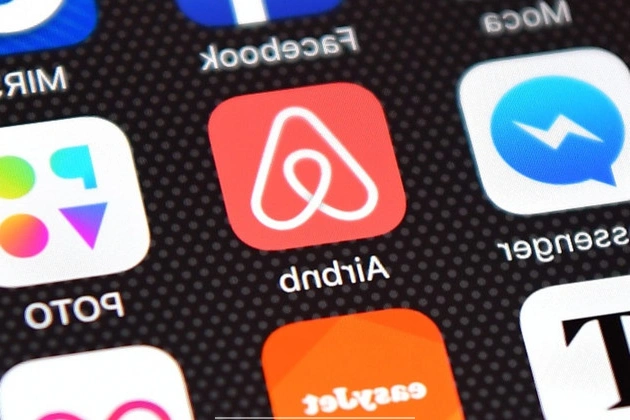
In the realm of New York City politics, Airbnb’s presence has sparked a heated debate among mayoral candidates and industry stakeholders. Airbnb’s super PAC recently launched a $1 million digital ad campaign targeting specific candidates who oppose the expansion of short-term rentals in the city.
The Battle Over Short-Term Rentals
Democrats Zohran Mamdani, Scott Stringer, and Brad Lander have found themselves in Airbnb’s crosshairs for their anti-short-term rental stance. The ads highlight how these candidates’ policies could potentially exacerbate the city’s affordability crisis, positioning Airbnb as the advocate for common-sense solutions.
While Mamdani, Stringer, and Lander face criticism from Airbnb, the front-runner, Andrew Cuomo, benefits from a separate ad campaign by Affordable New York, indirectly supported by the hotel workers union. Cuomo’s alignment with the union contrasts sharply with Airbnb’s agenda, creating a complex political landscape.
The Influence of Industry Endorsements
Andrew Cuomo’s endorsement by the Hotel and Gaming Trades Council underscores the deep-rooted divide between Airbnb and traditional hospitality entities. The competitive spending by both sides reflects the high stakes of the mayoral race and the conflicting interests at play.
Despite Airbnb’s significant investment in the race, questions arise regarding the efficacy of their strategy. HTC Political Director Bhav Tibrewal expresses confusion over Airbnb’s approach, citing Cuomo’s history of regulatory actions against unregulated short-term rentals.
Legislative Battles and Political Maneuvering
The legislative landscape surrounding short-term rentals in New York City remains contentious. Efforts to exempt certain homeowners from existing regulations have sparked intense debates between Airbnb advocates and opponents, particularly the influential hotel union.
Council Member Farah Louis’s bill to accommodate Airbnb in one- and two-family homes faced revisions following discussions with the hotel union and legal concerns, highlighting the intricate web of interests shaping city policies.
Candidate Responses and Public Perception
The candidates embroiled in this debate, Mamdani, Lander, and Stringer, have stood firm in their opposition to Airbnb’s influence. Their responses to the ad campaigns emphasize their commitment to affordable housing and tenant protections, positioning themselves as advocates for everyday New Yorkers.
As the mayoral race unfolds, the clash between Airbnb’s financial backing and candidate ideologies intensifies. The super PAC’s concerted efforts to sway public opinion raise broader questions about corporate influence in local politics.
Looking Ahead
Airbnb’s foray into the New York mayoral race marks a significant chapter in the ongoing struggle between tech disruptors and established industries. The outcome of this political battle will not only shape the future of short-term rentals in the city but also influence the broader discourse on corporate involvement in governance.











